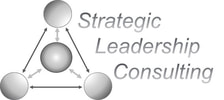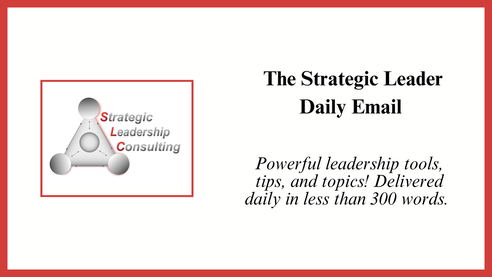|
Colleagues,
MVP: Know why you are doing what you are doing. On last Friday’s podcast I talked about real accountability versus fake accountability as a sub-theme of purpose, of knowing why we are doing what we are doing. After recording the podcast, I saw a couple articles that drove this point home for me. A school district’s 5th grade reading scores are low, so they are implementing a new reading program and will use the state test scores to determine the success of the program. But what’s the purpose? To raise test scores? That’s not the purpose of education, but by focusing on a fake accountability measure, the district loses site not only of the purpose, but of the problem. What if 50% of the 5th grade reading teachers are in their first two years of teaching? What is every AP and instructional coaching the district has turned over in the past three years? A program isn’t the answer to either of those challenges, but because we are measuring the wrong thing, we implement a program that will be counterproductive, not because it is a bad program, but because it doesn’t address the real problem. Today’s intention: As much as you can today, question if actions and programs are fully aligned to the purpose for which they were implemented. Applaud alignment, but think critically about disconnects. Cheers! Frederick
0 Comments
Colleagues,
MVP: Finding the right community to support your leadership is essential. My cucumber plants aren’t producing the way they should. I get a few fruits, but most of the flowers that begin producing have the fruit turn brown and stop growing. I’m not sure what’s going on, so what should I do? I could go to my local nursery or our county extension office. What I would really like to do is meet with some friends who are gardeners and get their thoughts. Having my own community of fellow gardeners to talk with seems better than having to call an expert, for multiple reasons. Similarly, as an edupreneur, my desire and need for a community is important. I recently joined a mastermind group specifically for edupreneurs like me. I happily pay to be a member of this group because everyone in the group is invested. We are all committed and take our community seriously. And we all help each other. This is what your community should do. We can find communities in different places, like educational cohorts, special interest groups, online groups and paid communities. The important thing is that we feel comfortable and get what we need from the group. Of course, it’s always good to be a contributor helping other as well. If you want to build your support network, you can grab our handy checklist here. We’ll also follow up with some helpful tips vie email and you’ll have an opportunity to examine a couple other essentials at the end. Today’s intention: Identify your community if you have one. If you don’t, think about what makes sense for you – where can you find a group of people doing work similar to yours who are committed to growing and supporting each other? Cheers! Frederick Colleagues,
MVP: A mentor is like a gardener who helps you achieve maximum growth. My garden isn’t quite as prolific as last year. This is to be expected as I was away for almost the entire month of June. Without a good gardener, the garden doesn’t do quite as well. Even when I had pre-fertilized and trellised my plants before I left, without a little extra care and attention, the plants haven’t grown to their full potential. If you listened to yesterday’s episode of The Assistant Principal Podcast, you heard me compare the roles of the support network to elements in the garden:
Your mentor is not more important than any other roles in your network, but your mentor is essential for helping you achieve your full leadership potential. Remember to check out our new mentoring program and get you support network checklist at https://www.frederickbuskey.com/mentoring.html. Today’s intention: Who is your gardener? Take a minute to email or call them and tell them how much they mean to you. If you don’t have a gardener, think about where you can find one. If you are interested in having me be your gardener, email me or check out our mentoring program. Cheers! Frederick Colleagues,
MVP: We all need a support network. Here’s a checklist to help you get the most of yours. Today, we launch the recruiting campaign for our upcoming mentoring program exclusively for first- and second-year assistant principals. Mentoring programs are a unique form of the support network. There are four components to a good support network:
To help you develop an effective support network, Mara and I have created a simple checklist to walk you through critical considerations for building your network. With the checklist, you’ll also get a series of five emails, each with more information about the different roles. Anyone interested in the checklist can go to https://www.frederickbuskey.com/ where you’ll be greeted by a well-intentioned pop-up window. A couple clicks and the tool will be delivered to your inbox. If you are a new, or nearly new, assistant principal, you can find out more about our mentoring program at https://www.frederickbuskey.com/mentoring.html. I hope you find the simple checklist helpful. Today’s intention: Think about the most challenging issues you may be facing this year. Identify some people who are outside of your organization whose expertise you will be able to tap into. Think about how you make sure that you do reach out to those people when you need them. Cheers! Frederick |
Categories
All
Archives
July 2024
|


 RSS Feed
RSS Feed